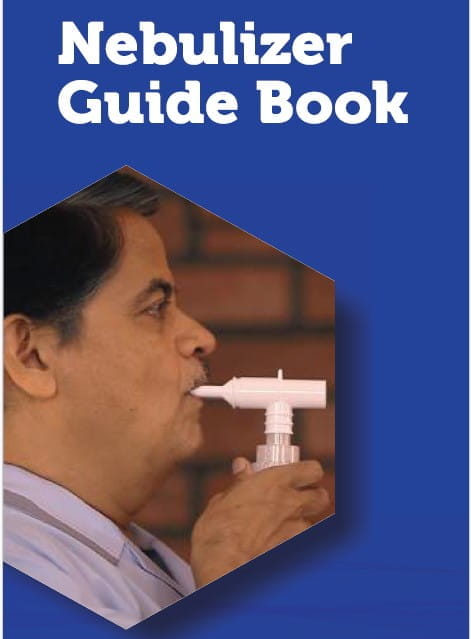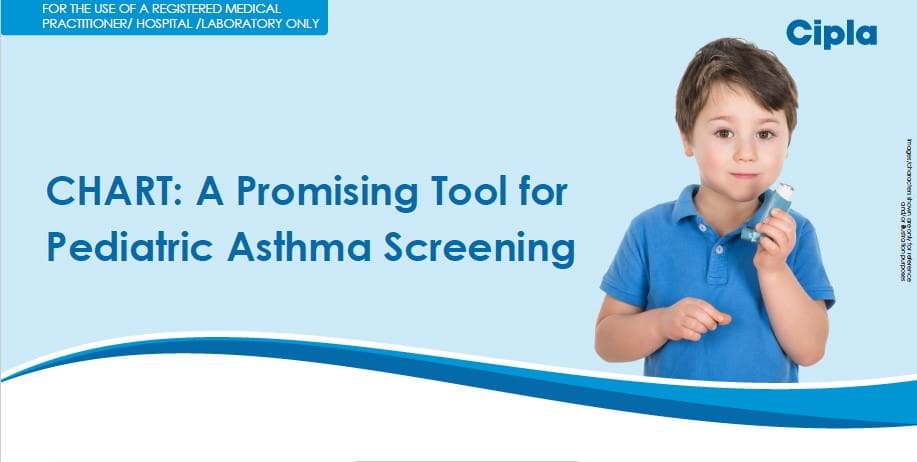Introduction:
Asthma control in clinical practice is frequently overestimated, often due to the lack of consideration of a child’s exacerbation history. Nearly half of U.S. children aged 5–11 years with asthma have uncontrolled disease, increasing their risk for exacerbations. The Peds-AIRQ, an 8-item yes/no tool (5 impairments, 3 risk items), was validated against GINA symptom control and prior-year exacerbations. It classifies asthma control in children aged 5–11 as well-controlled (0–1), not well-controlled (2–3), or very poorly controlled (4–8).
Objective:
This study compared Peds-AIRQ to other assessment methods in evaluating control relative to prior-year exacerbation history.
Methods:
- Comparators: Peds-AIRQ vs.
- Childhood Asthma Control Test (C-ACT: well-controlled, not well-controlled, very poorly controlled)
- Physician opinion (controlled, well-controlled, somewhat-controlled, poorly controlled, not-controlled)
- Parent/caregiver impression (controlled, well-controlled, somewhat-controlled, poorly controlled, not-controlled)
- Assessments:
- Physician opinion was based on clinic visits, incorporating medical history, physical examination, and chart reviews of medications and prior-year exacerbations.
- Chi-square and McNemar’s tests were used to compare the proportions of children with prior-year exacerbations categorized as completely/well-controlled or uncontrolled (including not well-, somewhat-, poorly, very poorly, and not-controlled) by each assessment method versus Peds-AIRQ, both overall and by age group (5–6, 7–8, and 9–11 years), with statistical significance set at P≤0.05.
Results:
- Population: 399 children with mean(SD) age 7.9(1.9) years (n=107 5-6-year-olds, 136 7-8-year-olds, 156 9-11-year-olds); 63% male; 69% White; 15% Black/mixed; 33% Hispanic; 39% on public insurance.
- Exacerbation History: 45.9% had ≥1 prior-year exacerbation; no significant difference across age groups.
- The Peds-AIRQ identified fewer children as well-controlled (39.8%) compared to the C-ACT (69.2%), physician assessments (64.9%), and parent/caregiver reports (71.9%) (P < 0.001). Among children with prior-year exacerbations, Peds-AIRQ also yielded the lowest rate of well-controlled classification (20.8%) versus C-ACT (39.1%), physicians (32.0%), and parents/caregivers (36.9%) (P < 0.001). Control estimates did not vary significantly across age subgroups for any assessment method
*Somewhat, not well, poorly, very poorly, and not-controlled
**P<0.001 for Peds AIRQ vs C.ACT physician opinion, and parent/caregiver impression
C-ACT: Childhood Asthma Control Test, Peds AIRQ: Pediatric Asthma Impairment and Risk Questionnaire
Conclusion:
Peds-AIRQ is the most conservative tool for identifying asthma control, classifying fewer children with exacerbation history as well-controlled and more as uncontrolled. This suggests it may be more accurate at identifying children who need improved asthma management at the point of care.
Am J Respir Crit Care Med 2025; 211: A1288
American Thoracic Society 2025 International Conference, May 18-21, San Francisco




